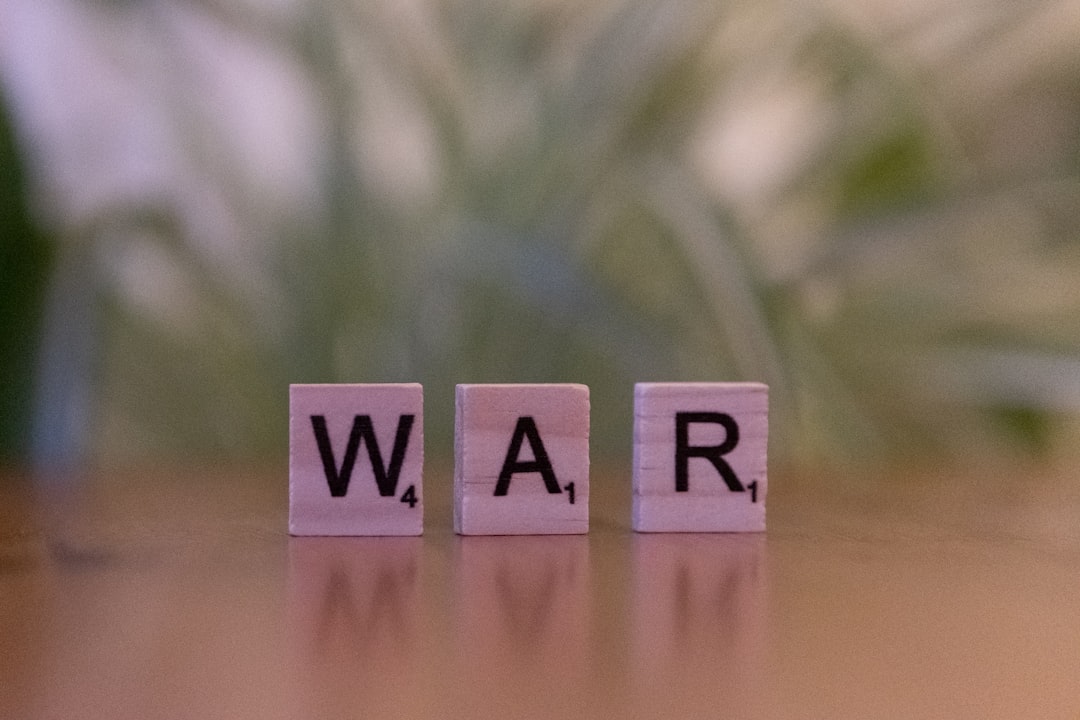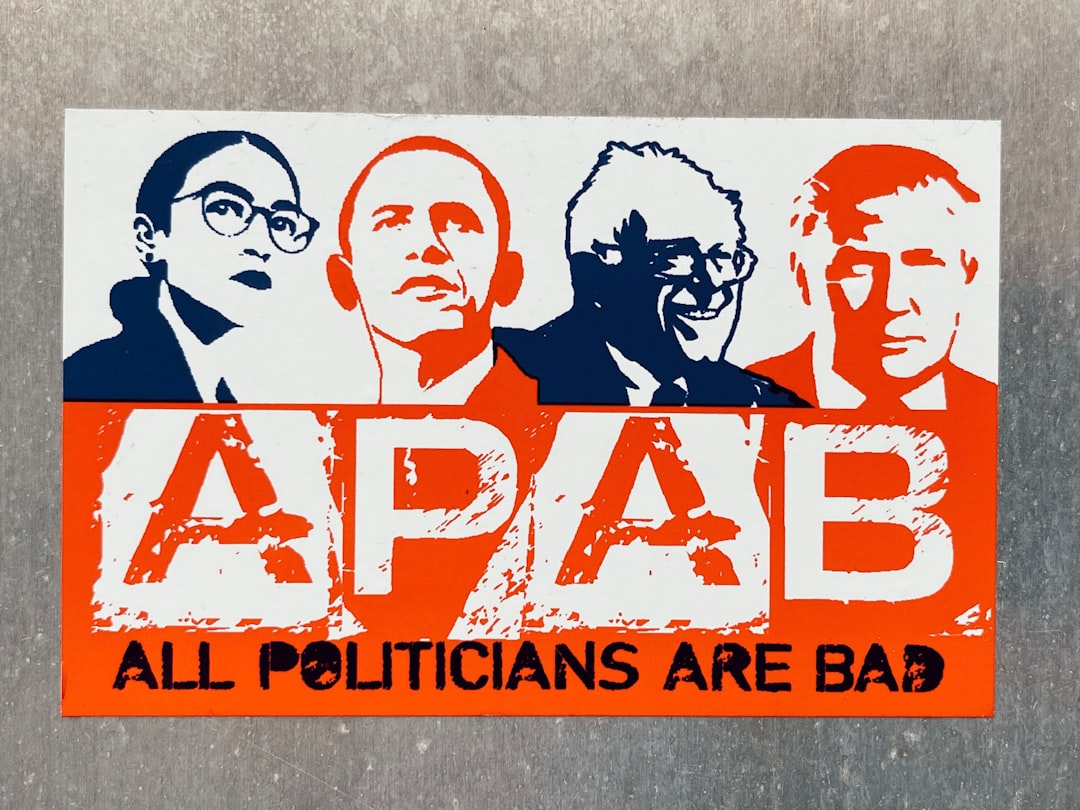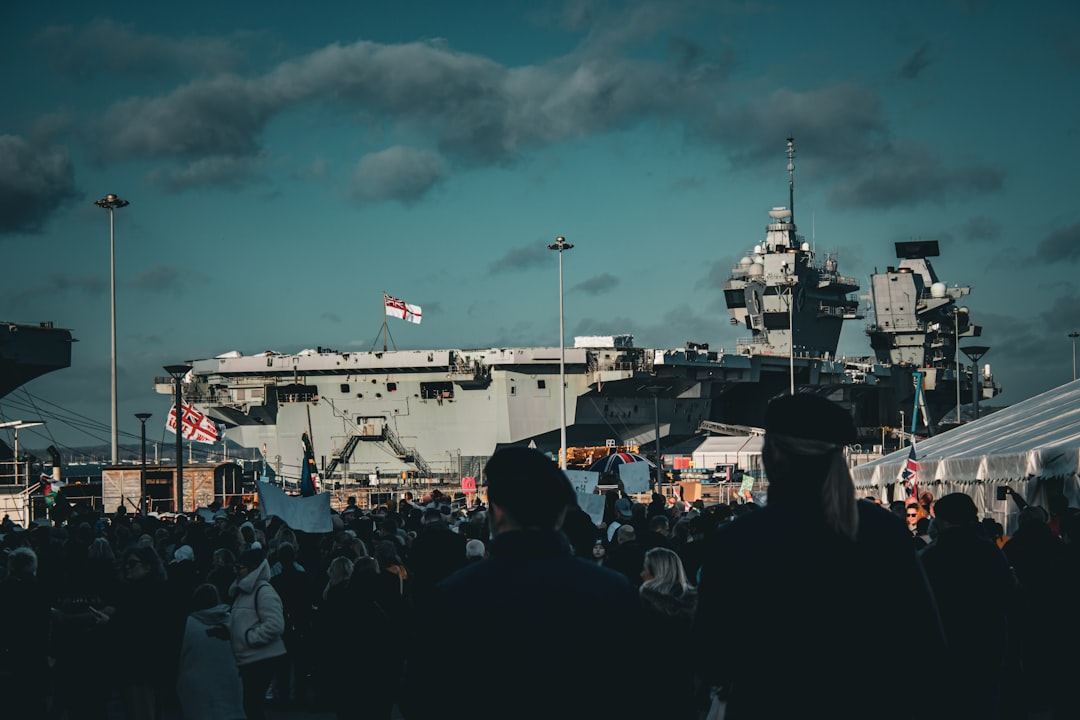Trump's 'Emergency' Playbook on Trial: Supreme Court Poised to Nuke His Signature Trade War

High-Stakes Showdown
The entire foundation of Donald Trump's globe-rattling economic strategy is about to face its ultimate judgment day. Next Wednesday, the U.S. Supreme Court will become the arena for a historic legal battle, as justices hear arguments that could potentially dismantle the tariff-based trade war that has defined his presidency. The core question: did the president who sees a crisis around every corner go too far?
The Man Who Cried 'Emergency!'
For Trump, governing has often meant ruling by emergency. He has invoked the National Emergencies Act of 1976 more frequently than any of his predecessors, transforming the executive tool into a go-to weapon. This pattern was set early, famously starting with a declaration to combat an alleged "invasion" of migrants at the southern border. This penchant for crisis declaration isn't just a political tic; it's a core strategy that has allowed him to bypass traditional legislative hurdles and enact his agenda unilaterally, securing funding and authority for his most controversial plans.
A World of Crises
The list of perceived emergencies is as long as it is varied, painting a picture of a world perpetually on the brink. According to Trump, America is under siege from all sides. The threats range from the flow of illegal drugs from Mexico and China—and, perplexingly, even Canada—to the International Criminal Court's audacity to investigate U.S. officials. He has sounded the alarm on everything from domestic energy shortages and rising crime in Washington D.C. to Brazil's political clashes involving the social media platform X. Even the nation's long-standing trade deficits are framed as an existential threat requiring immediate, drastic action.
The Legal Reckoning
It is this worldview that now stands trial. The tariffs, his most disruptive and signature policy, were justified under a similar banner of national urgency. But critics argue it was a gross overreach of executive authority, and the nation's highest court is now forced to weigh in. The upcoming oral arguments will scrutinize the legal bedrock of Trump's entire trade doctrine. Was it a legitimate exercise of presidential power to protect the nation, or an unconstitutional power grab that has shaken the global economy to its core?
The nine justices hold the fate of Trump's economic legacy in their hands. Their decision will not only determine the future of his tariffs but could also set a powerful precedent for how much power any president has to declare a crisis and act alone. The verdict is coming.


